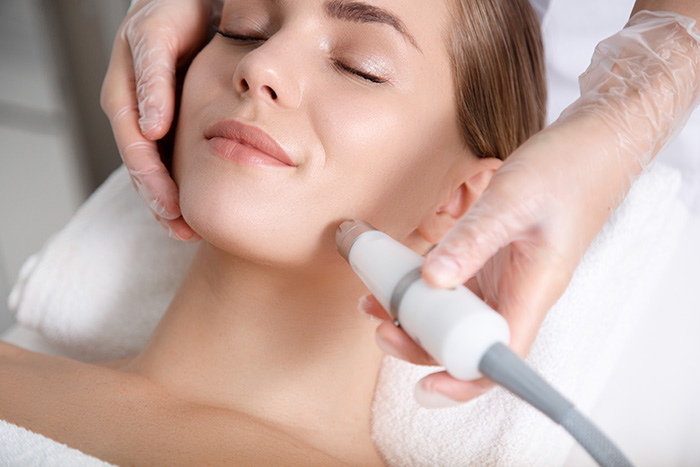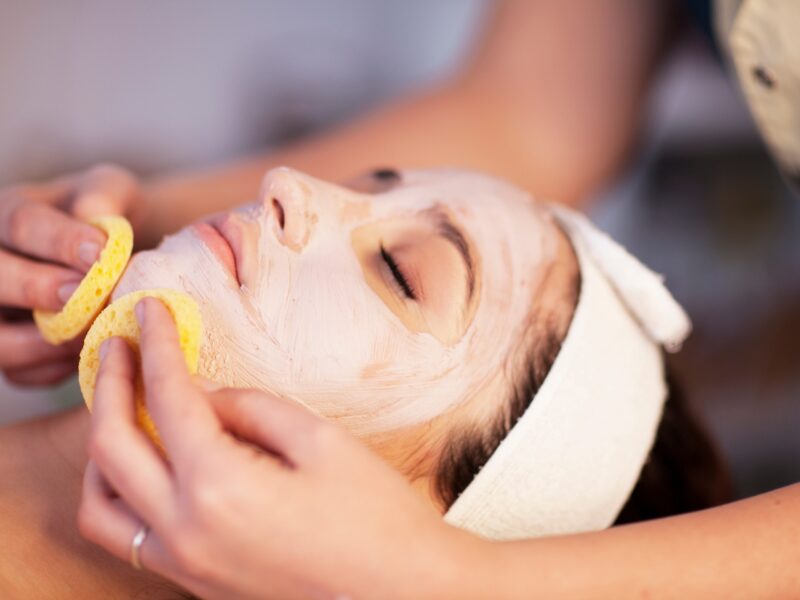Healthy skin is essential to overall well-being, and proper skin care can help prevent numerous skin problems and promote a youthful, radiant appearance. Here are some guidelines to help you take care of your skin.
Keep your skin clean
Keeping your skin clean is essential to maintaining healthy skin. Use a mild cleanser to wash your face and body every day, especially before bed. This helps remove dirt, oil, and other impurities that can clog pores and lead to acne or other skin problems.
Moisturize regularly
Moisturizing your skin helps keep it hydrated, which can prevent dryness, flaking, and itching. Choose a moisturizer that is appropriate for your skin type, and apply it after washing your face and body.
Use gentle skincare products
Harsh skincare products can damage your skin, causing redness, irritation, and other problems. Always choose gentle skincare products that are appropriate for your skin type, and avoid using products that contain harsh chemicals or fragrances.

Exfoliate regularly
Exfoliating your skin can help remove dead skin cells, unclog pores, and promote healthy cell turnover. Use a gentle exfoliating scrub once or twice a week, or as directed by your dermatologist.
Eat a healthy diet
A healthy diet can help promote healthy skin. Eat a diet rich in fruits, vegetables, whole grains, and lean protein, and limit your intake of processed and sugary foods. Drinking plenty of water can also help keep your skin hydrated.
Manage stress
Stress can affect your skin by causing acne breakouts, dryness, and other problems. Practice stress management techniques such as yoga, meditation, or deep breathing exercises to help manage stress and promote healthy skin.
Get enough sleep
Sleep is essential to overall health, including healthy skin. Aim for 7-9 hours of sleep per night, and develop healthy sleep habits such as going to bed and waking up at the same time every day.
Exercise regularly
Regular exercise can help promote healthy skin by improving circulation and reducing stress. Aim for at least 30 minutes of moderate exercise most days of the week, or as directed by your healthcare provider.
Do not smoke
Smoking can cause numerous health problems, including skin damage. Smoking can cause wrinkles, yellowing of the skin, and other signs of premature aging. Quitting smoking can help improve the health of your skin and reduce the risk of numerous other health problems.
Visit a dermatologist regularly
A dermatologist can help you identify skin problems and recommend appropriate treatments. Schedule regular visits with your dermatologist to monitor your skin health and address any concerns.
In summary, proper skin care is essential to maintaining healthy skin. Protecting your skin from the sun, keeping it clean, moisturizing regularly, using gentle skincare products, and exfoliating regularly are some of the essential steps to healthy skin. Eating a healthy diet, managing stress, getting enough sleep, exercising regularly, and avoiding smoking are also important for maintaining healthy skin. Finally, scheduling regular visits with a dermatologist can help identify and treat skin problems before they become more severe.


